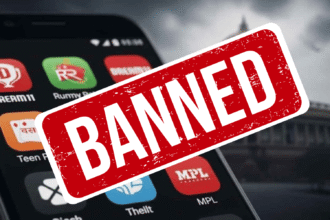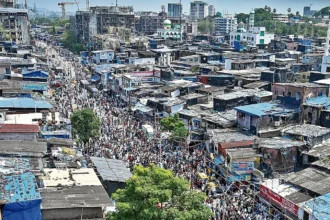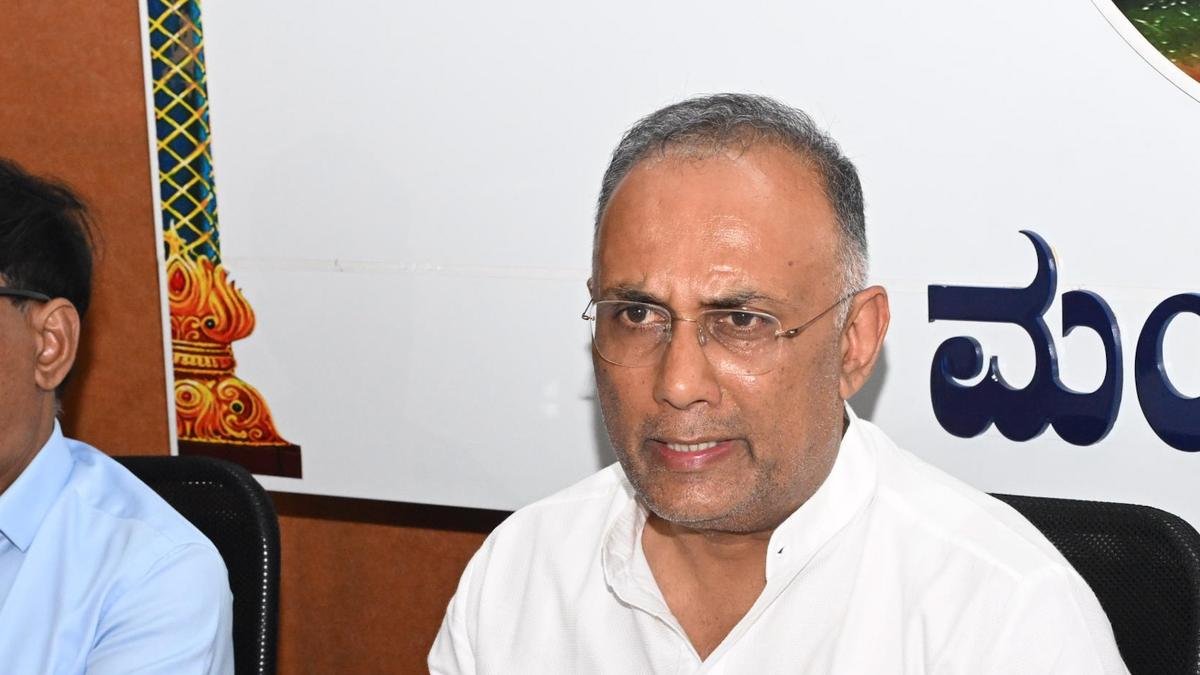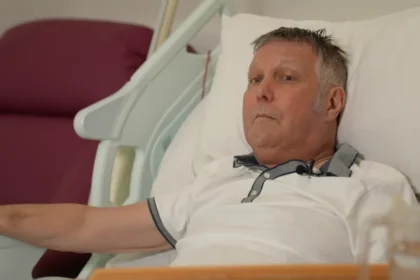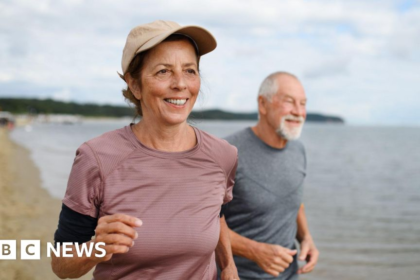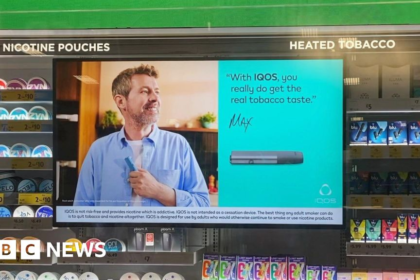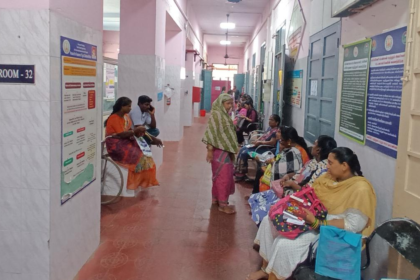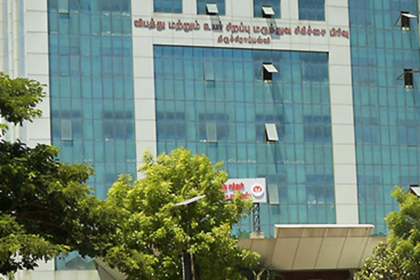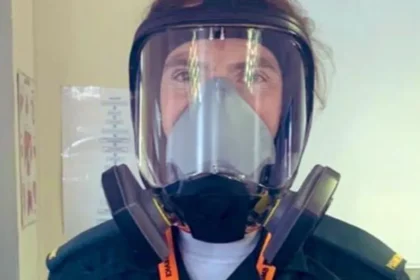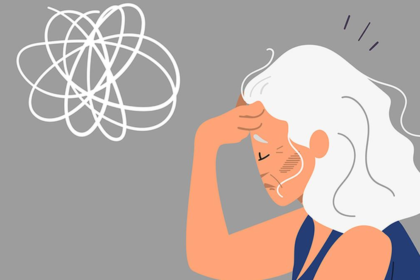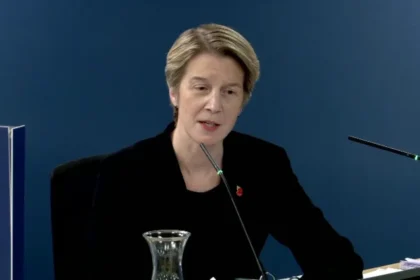All sudden heart attack deaths among people aged below 45 in Karnataka will now have to be notified to the Health Department.
On Monday, the Health Department declared sudden heart attack deaths among people below the age of 45 as ‘notifiable’ on the basis of a recommendation by the expert committee that was set up to study the link between COVID-19 vaccination and sudden cardiovascular events.
The committee is headed by K.S. Ravindranath, director of the State-run Sri Jayadeva Institute of Cardiovascular Sciences and Research, Bengaluru.

Amid mounting public anxiety over the rising trend of sudden cardiovascular events (heart attack, sudden cardiac death) after COVID-19, the Karnataka government this February set up the expert committee to evaluate the temporal and potential causal links with prior SARS-CoV-2 infection and/or COVID-19 vaccination.
The committee has not found any association between premature cardiovascular disease and a prior history of COVID-19 infection or vaccination.
Health Minister Dinesh Gundu Rao, who made the announcement on Monday after a meeting to discuss the recommendations of the expert committee, said the Karnataka government would start monitoring sudden heart attack deaths reported among those below the age of 45.
“Any such deaths that occur outside a hospital will have to be mandatorily reported to the department. Following the committee’s recommendations, we will now make the autopsy of all such deaths compulsory to ascertain the cause. Directions in this regard will be issued soon,” the Minister said.
Pointing out that the observational study by the State’s expert panel as well as several published international studies had not found any link between COVID-19 vaccination and cardiovascular events, the Minister stated: “In fact, the vaccination has been shown to be protective against cardiac events in the long term. The only complaints are with regard to mRNA vaccines that have been known to cause myocarditis in some cases. However, mRNA vaccines have not been used in our country”.
The Minister said: “We will start screening of congenital heart defects in schoolchildren aged 15 and above. Training in cardiopulmonary resuscitation (CPR), an emergency procedure that is done when someone’s breathing or heartbeat has stopped, will be provided to the public through NGOs and like-minded organisations. We will also start annual basic health screening for all government employees, including outsourced and contract staff,” Mr. Rao said.
Pointing out that all corporate and private companies will be directed to provide annual health screening for their employees, the Minister said: “We are also screening people for non-communicable diseases through our Gruha Arogya scheme. We will soon discuss with Chief Minister Siddaramaiah on what further health benefits can be given to our employees”.
He said the Puneeth Rajkumar Hrudaya Jyothi scheme — that is currently being implemented in 86 government hospitals — will soon be extended to all taluks.
In 2023, the Health Department named Karnataka’s heart attack (ST-Elevation Myocardial Infarction – STEMI) management project at taluk level as Puneeth Rajkumar Hrudaya Jyothi scheme. The project launched to avoid delay in providing diagnosis and treatment to heart attack patients in rural areas is being implemented on a ‘hub and spoke’ model.
AEDs in public places
The Minister said the process of installing automated external defibrillators (AEDs) in public places, including bus stands, railway stations, airports, the Vidhana Soudha, courts, etc. will be expedited. “Although we had announced this earlier, there were some hitches as we need trained personnel to use these devices. We will again explore possibilities of deploying trained personnel from the nearest health facilities in designated public places wherever possible and start providing this service soon,” he said.
Dr. Ravindranath said after COVID-19 there was a significant rise in the prevalence of common risk factors that lead to cardiovascular disease. “Our study has not found any single cause behind the observed rise in sudden cardiac deaths. Rather, it appears to be a multifactorial issue, with behavioral, genetic, and environmental risks. While in the immediate post-COVID phase, there is an increase in the incidence of sudden cardiovascular events due to a pro-inflammatory state, the same cannot be held to be true in the long term (>1 year). It has been three years since the end of the pandemic,” Dr. Ravindranath added.
Published – July 07, 2025 04:59 pm IST


